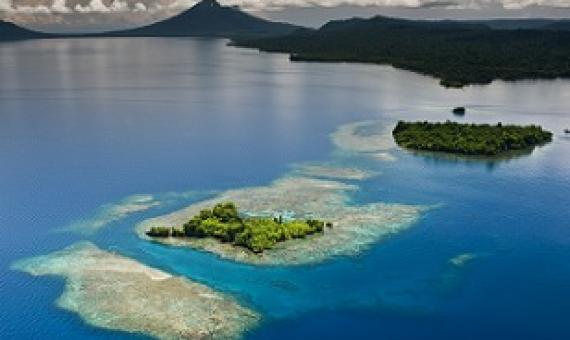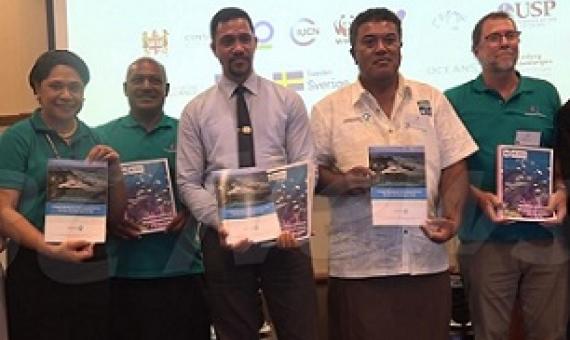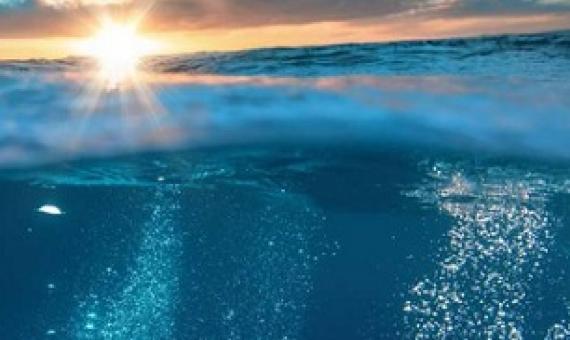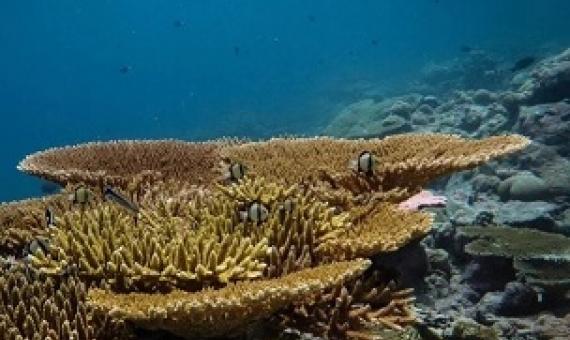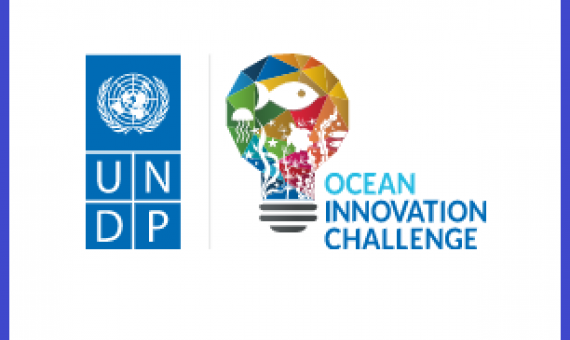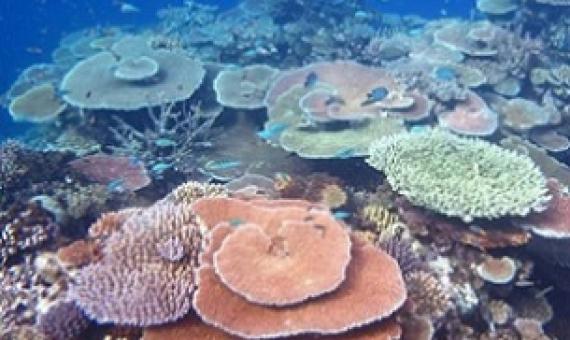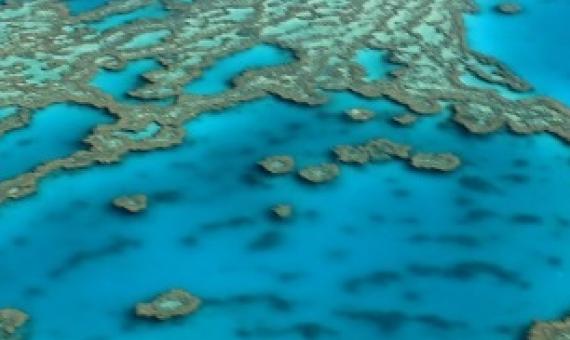A marine protected area will be established in Kimbe Bay - a renowned region of abundant marine biodiversity. This followed the signing of a Memorandum of Understanding between the Conservation and Environment Protection Authority and the West New Britain provincial government.
An estimated 80 percent of fish consumed by the greater Suva urban population is currently sourced from the Great Sea Reef.
Video - An ingenious proposal for scaling up marine protection | The Nature Conservancy
Island and coastal nations need to protect their waters to keep the oceans healthy. But they often have lots of debt and aren't able to prioritize ocean conservation over other needs. The team at The Nature Conservancy sees a way to solve both problems at once: restructuring a nation's debt in exchange for its government's commitment to protect coastal areas. Learn more about how "Blue Bonds for Conservation" work -- and how you can help unlock billions of dollars for the oceans. This ambitious plan is a part of the Audacious Project, TED's initiative to inspire and fund global change.
Video - Ocean Protectors: How the Old Ways of Protecting the Ocean Are New Again in Fiji
Meet Josefa Bau from Nataleira who runs a dolphin watching business with tours to Moon Reef, a Marine Protected Area (MPA) in Fiji. Nurturing and protecting natural resources is not a new or foreign concept for i-Taukei (indigenous Fijians) like Josefa - ocean conservation is more than just environmental protection - it is an intrinsic part of their identity passed on for generations.
A three-dimensional approach to marine conservation could help expand protected ocean areas by up to 30% this decade, according to international researchers. Dr.
A new study performed has shown that coral reefs present in remote or protected regions can rapidly recover following mass coral bleaching events...To gain better insight into the effects of climate change on reef functions, the researchers analyzed around 12 reefs in the remote Chagos Islands in
Climate Change, Coral Reef Ecosystems, and Management Options for Marine Protected Areas
Marine protected areas (MPAs) provide place-based management of marine ecosystems through various degrees and types of protective actions. Habitats such as coral reefs are especially susceptible to degradation resulting from climate change, as evidenced by mass bleaching events over the past two decades. Marine ecosystems are being altered by direct effects of climate change including ocean warming, ocean acidification, rising sea level, changing circulation patterns, increasing severity of storms, and changing freshwater influxes.
The third OIC Call for Proposals launched on 10 February 2022 and closes on 09 April 2022. The Blue Economy concept is increasingly recognized as an opportunity for coastal communities and nations to realize enhanced social and economic benefits from the sustainable utili
There has been a mixed response to Australia’s $700 million plan to combat water pollution on the Great Barrier Reef, the world’s largest reef system. The nine-year Australian plan promises to fund projects that reduce erosion and pesticides and fertilizers running off farmland into the sea.
Marine protected areas (MPAs) are areas of seas, oceans or estuaries that are managed and regulated for a number of different purposes. Usually, for biodiversity conservation, as they limit or disallow fishing and aquaculture activities within the boundaries of the MPA.

